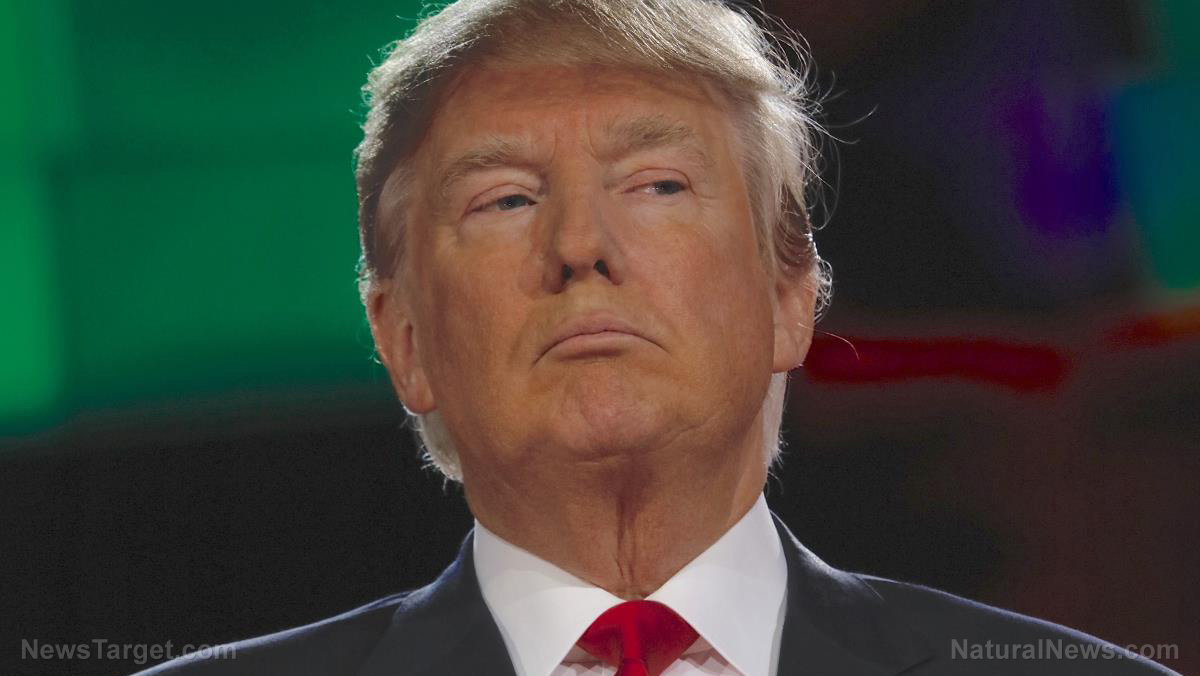 Parler
Parler Gab
Gab
Germany accuses Russia of using energy as a "weapon"
Russian energy giant Gazprom suspended gas deliveries to Germany on Wednesday, August 31, saying that supplies via Nord Stream 1 were completely stopped for preventive work at a compressor unit shortly after European gas network operator ENTSOG announced the ceasing of deliveries. Gazprom also said that it would suspend supplies to France's main provider, Engie, beginning Thursday, September 1, after it failed to pay for all deliveries made in July. (Related: Russia cuts Nord Stream 1 pipeline flows in HALF, plunging flow rates from 40% to just 20%.) Germany, which remains heavily dependent on Russian gas, accused Moscow of using energy as a "weapon." However, Gazprom said that the three-day maintenance work was "necessary" and had to be carried out after "every 1,000 hours of operation." Klaus Mueller of Germany's Federal Network Agency called the move "technically incomprehensible," adding that it was likely a pretext by Moscow to wield energy supplies as a threat to other European countries. Mueller said Moscow usually makes political decisions after every so-called maintenance, adding that they will only know in the beginning of September if Russia does so again. The EU is now preparing to take emergency action to reform the electricity market and bring galloping prices under control. When asked whether or not gas supplies will resume after the three-day maintenance work, Russian government spokesman Dmitry Peskov said there is a guarantee that apart from technical problems caused by sanctions, nothing will interfere with supplies. Gazprom already carried out 10 days of long-scheduled maintenance works in July. While it restored gas flows, the supply was drastically cut down just days later. The company said a key turbine could not be sent to Russia because of the sanctions on Moscow. But Germany, where the turbine was located, said Moscow itself blocked the component's delivery to Russia. With fears over throttled supplies, companies have been driven to cut their energy use, a move that Mueller said could save Germany from a gas emergency in winter. Stephan Knabe of Deutsche ReGas, which manages Germany's move to liquefied natural gas, said it expects to inject gas into the distribution network by December 1. Visit EnergySupply.news for more news about dwindling energy supplies in Europe following sanctions against Moscow. Watch the video below to know more about Europe's energy crisis. This video is from the High Hopes channel on Brighteon.com.More related stories:
DOOMSDAY for Western Europe? Gazprom declares it can no longer guarantee gas deliveries to Germany. Gas flows from Russia to Germany halted INDEFINITELY following Gazprom force majeure declaration. Germany and France about to see “total cut-off” of Russian gas; leaders warn of collapse and unrest. German banks prepare for companies to default on loans due to energy crunch. Germans buying wood-burning stoves and stocking up on firewood as Russia cuts gas supply. Sources include: RT.com News.com.au Brighteon.comGrowth in Taiwanese exports slows to a trickle, raising alarms of global economic slowdown
By Arsenio Toledo // Share
Biden’s hateful rhetoric against Americans presents the GOP with a sterling opportunity
By News Editors // Share
Flashback: CBS News mocked Trump for warning of German reliance on Russian gas
By News Editors // Share
Governments continue to obscure COVID-19 vaccine data amid rising concerns over excess deaths
By patricklewis // Share
Tech giant Microsoft backs EXTINCTION with its support of carbon capture programs
By ramontomeydw // Share
Germany to resume arms exports to Israel despite repeated ceasefire violations
By isabelle // Share









